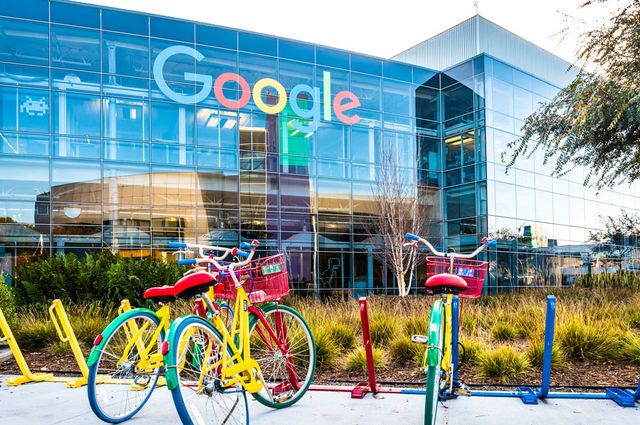Google is phasing out third-party cookies... Will it impact hotel marketing?
10 experts shared their view
Google recently announced that they are going forward with their plan to block third-party cookie tracking through Google Chrome (Chrome commands 63% of browser market share). What this means exactly for hotels is not totally clear. Mostly what will be affecting is tracking the source of revenue on a hotel's website (also called attribution) and the possibility to re-target visitors to your website (unless you use Google's retargeting ad products). To avoid users getting hit with totally irrelevant ads, like billboards on the highway, Google is creating a new system to target users which involves less tracking. Called FLoC the system essentially groups people into categories based on their behavior and puts a label on top so they can get served ads based on those labels without having any personal information connected. However, it only works if you advertise with Google, which means they are building a taller wall around their garden - an odd choice as they enter a long anti-trust investigation process. But what does this mean for hotel marketing? How will hotels track revenue? Since most non-major brand hotels have two domains (website + booking engine) how will this affect tracking?
Although noble in sentiment, the death of cookies will do little to enhance consumer privacy and will only make life far more difficult for smaller hotel brands and independent properties.
Megabrands (including many of the major hotel chains) have already moved on and are actively using alternative technologies to individually target high potential and high value customers. However, smaller players, lacking the expertise, budgets and technology to even get on the playing field, will fall further behind. Costs will rise, and targeting accuracy will decrease, for everyone, all in the name of faux-privacy that everyone knows is a fallacy anyway.
Undoubtedly the winners will be Google and Facebook, who will charge an ever increasing-premium to anyone wishing to even try to gain visibility with potential customers. Meanwhile the rest of us will have to suffer less efficient searches and badly targeted advertising, all in the name of 'progress'.
Not all change is good, for marketers or for consumers.


